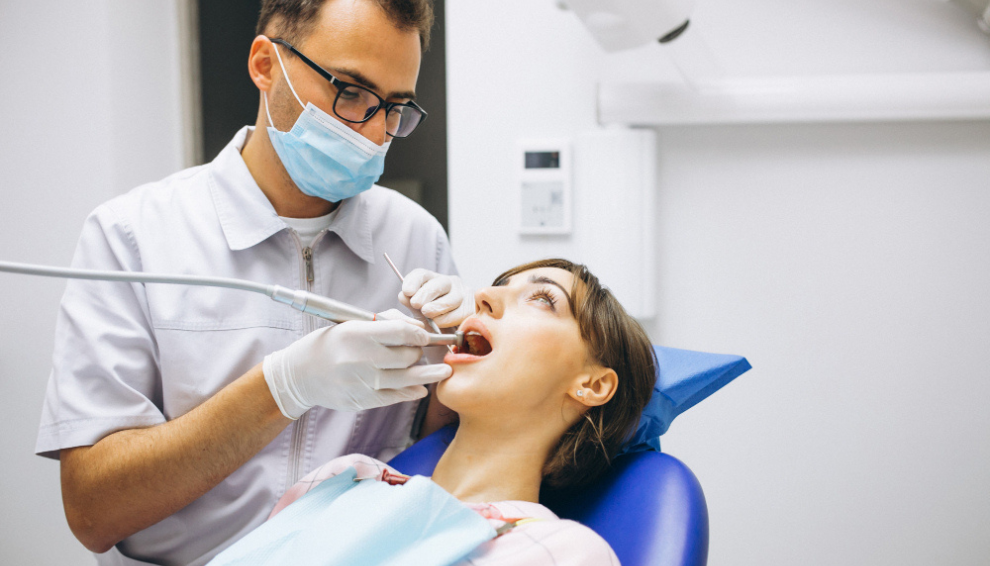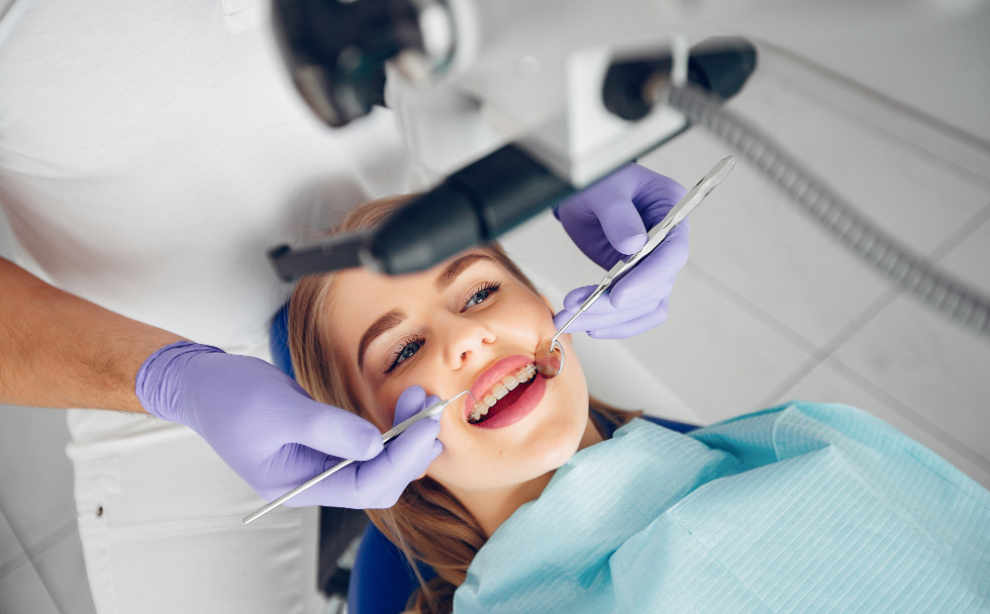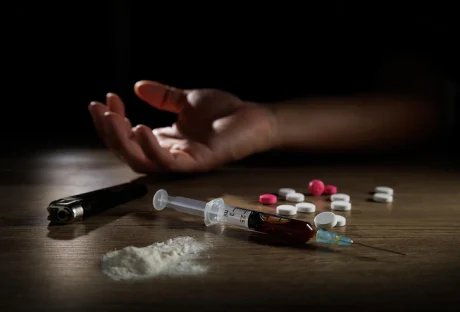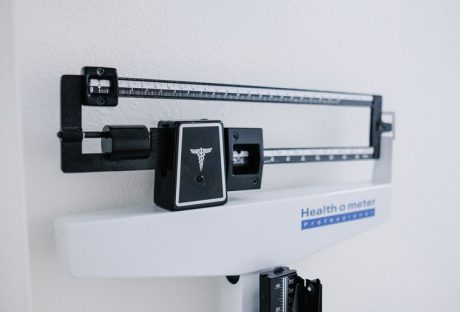Modern dental technology has fundamentally changed the execution of dental care, making procedures quicker, more accurate, and frequently painless.
As the years have passed, how we approach our dental care has changed.
We now have so many amazing products at our fingertips, from professional dental products for dentists to personal dental care solutions.
This evolution also extends to advanced clinical tools, including specialized oral surgery instruments that help dental professionals perform complex procedures with greater precision, safety, and consistency.
Additionally, we can order these products in our homes, making good oral health easier to come by than ever before.
Modern Dental Technology: How It Revolutionized Dental Care?

Here are a few ways that modern technology has and is transforming dental care solutions:
Better Toothbrushes
The toothbrush is one of the most basic yet necessary tools for optimal dental care. Simple toothbrushes that sell for a few dollars at your local grocery store can do the job. However, it’s even better when you get a toothbrush that gets down deep and ensures you’re brushing correctly.
For example, you can find your regular battery-powered toothbrush that helps you brush in a way that ensures better cleaning.
However, you could take technology in dental care a step further and find a high-tech toothbrush that can sync with an app on your phone for brushing feedback. How could you do anything but get really clean teeth with a toothbrush like this?
Water Pik For Deeper Cleaning
You’ve been told to floss since you’ve had teeth. Unfortunately, not everyone is great at flossing. However, with options like the Water Pik, cleaning your teeth more efficiently becomes easier than ever.
It can get deep between teeth and below your gumline, effectively removing plaque and food that may not be easy to get.
A lack of flossing often causes gum disease and decay, so a Water Pik can help to fix this problem. Water Piks can help you reverse gingivitis and care for your teeth better.
Better Materials For Crowns And Implants
Beyond your home dental care, your dental labs also use modern technology that makes a world of difference in your oral health.
With better materials and technology for everything from simple crowns to dental implants, you can trust your dental work and care to be more effective and longer lasting for years.
It also means safer dental care and better overall health as dentists use materials designed for longevity and safe use for your body.
Tracking Technology
Did you know that there are now options for tracking your oral health? This can help you prevent serious issues due to the ability to track things like bite changes and force and teeth grinding.
Additionally, it can even take care of your pH level so that you can be “warned” of ways to take care of your teeth and visit your dentist to get oral support.
This can go hand in hand with going in for regular dental cleanings, so you can be sure to get the kind of cleaning and oral hygiene that will help you keep dental decay at bay.
Dental hygienists are trained to spot issues, helping you to get the dental care you need before your oral health is at risk.
Robotic Support
While not quite there just yet, robotic systems in dentistry are being developed. It will help dentists have more precision in their surgeries and dental procedures than in years past.
While we’re not yet dependent on robots for our dental care, and maybe we won’t be entirely, the kind of precise support this technology can provide appeals to many people who want to ensure optimal dental care and reduce human error.
How Has the Dental Industry Changed in the Past 10 Years?
The field has revolutionized in the past ten years due to advancements in 3D printing, laser dentistry, and digital photography.
For example, digital X-rays offer sharper images for precise diagnosis while reducing radiation exposure by up to 90% compared to conventional techniques.
Similarly, dentists may now build crowns on the same day, removing the need for numerous visits, thanks to innovations like CAD/CAM (computer-aided design and manufacturing) technology.
In addition to increasing patient comfort, this development has increased procedure accessibility and efficiency.
According to a report by Grand View Research, the global dental equipment market is expected to grow by 7% annually, driven by technological breakthroughs. These innovations are bridging gaps in preventive care and treatment, offering a brighter future for patients.
It’s safe to say that modern technology has redefined dental care for the better. It is making healthy smiles more achievable than ever.
Benefits of Modern Dental Technology
Advancements in dental technology are reshaping the patient experience, making visits to the dentist more efficient and less daunting.
These innovations promise a smoother journey through dental care for busy families and individuals grappling with dental anxiety.
Enhanced Diagnostics and Treatment Planning
Digital x-rays and 3D imaging allow dentists to capture detailed images of teeth and gums, leading to more accurate diagnoses.
This technology minimizes misdiagnoses and facilitates personalized treatment plans, enabling early detection of issues like cavities or gum disease. As a result, patients can avoid more invasive procedures down the line.
Less Invasive Procedures
Gone are the days of painful dental experiences. Innovations such as laser dentistry and digital impressions have transformed procedures into less invasive ones, significantly reducing discomfort.
Faster Treatments for Busy Lives
With CAD/CAM systems, same-day restorations are now a reality. Patients no longer have to wait weeks for crowns or other restorations, streamlining the entire process from diagnosis to treatment. This efficiency is particularly advantageous for families with tight schedules, It ensures that quality care does not come at the expense of time.
Empowering Patient Engagement
Modern dental technology also enhances patient involvement in their care. Tools like intraoral cameras allow patients to see what their dentist sees, fostering transparency that reduces anxiety. This engagement empowers patients to make informed decisions about their treatments.
Keep Your Smiles On!
Dental care has only gotten better with modern technology. From the dental care you do at home to how dentists treat you, technology is improving our oral hygiene and care so that we can have better oral health more simply and effectively.
Read Also:























